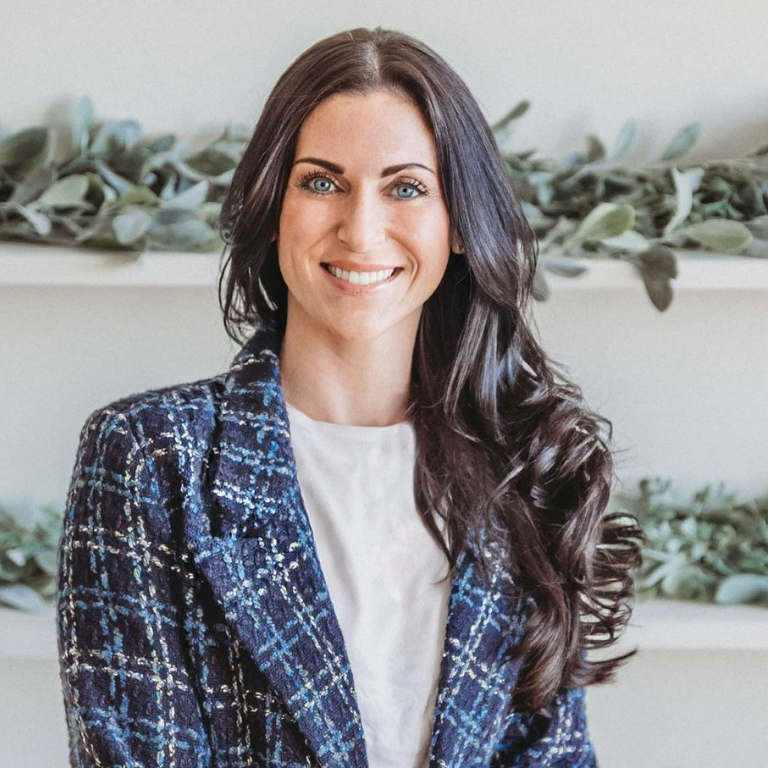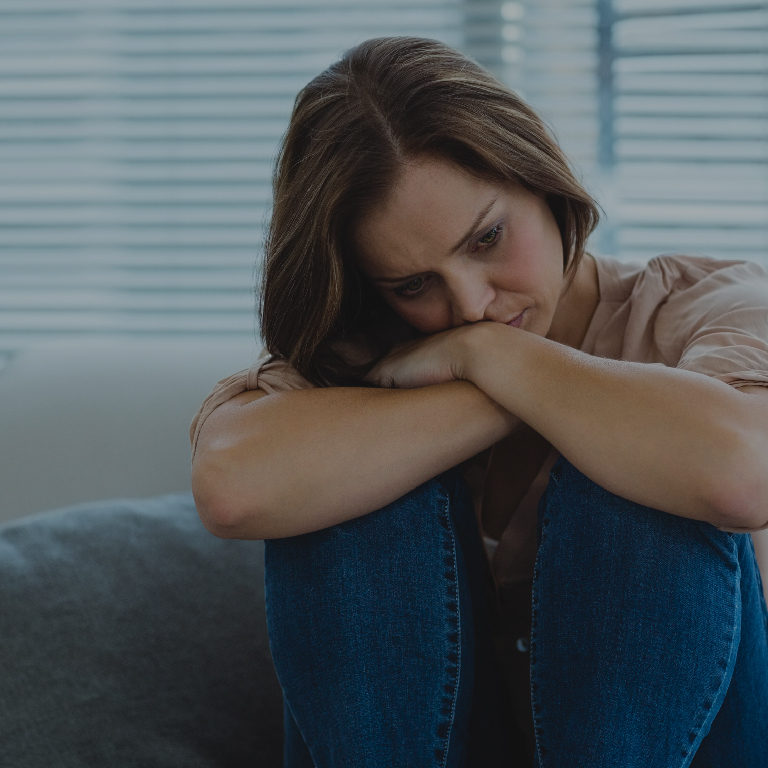Scroll through social media and you'll likely hear the term "codependent" tossed around freely. But what does it really mean? More importantly, how can understanding these relationship patterns help us build healthier connections?
Why Labels Matter
Before we dive into definitions, let's talk about the purpose of relationship labels. When used thoughtfully, labels can help us understand patterns and guide us toward positive change. However, they shouldn't be weapons for shame or judgement. We're all human, and most of us will experience various relationship patterns throughout our lives – some healthy, others less so.
Understanding Codependency
Codependency often develops so gradually that we might not even notice it at first.
It's like slowly turning down the volume on your own needs while amplifying everyone else's. Many people find themselves in codependent relationships not because they made a conscious choice, but because they've slowly lost touch with their own wants, needs, and boundaries.
This usually happens while trying to be a good partner, friend, or family member. Somewhere along the way, the balance tips too far in one direction. Once this feature develops within the relationship, it shows up in several ways:
Behaviour
In our actions, codependency might look like constantly checking with others before making decisions or putting everyone else's needs ahead of our own. We might find ourselves taking responsibility for others' emotions or struggling to say "no."
Emotions
Emotionally, it often feels like riding a constant wave of anxiety about abandonment or rejection. Many people describe feeling responsible for others' happiness while losing touch with their own emotional needs.
Thoughts
Our thoughts become tangled with others' expectations, making it hard to distinguish our own desires from what we think others want from us.
Physiology
Physical signs can appear too, as in any challenging experience – tension headaches, stomach issues, or exhaustion from constant caregiving.
Key Traits of Codependency
- Loss of identity. Codependent people may struggle to separate their own needs and feelings from those of their partner.
- Low self-worth. Their sense of value often depends on how much they can please the other person.
- Fear of abandonment. A deep fear of rejection or abandonment can drive them to overcompensate in the relationship.
- Poor boundaries. They often have difficulty setting and maintaining boundaries.
The Alternative: Interdependency
In contrast to codependency, healthy interdependence allows both people in a relationship to maintain their individual identities while building meaningful connections.
It's about finding that sweet spot between independence and togetherness, where both people can thrive individually and as a pair.
This looks like:
- Having the confidence to spend time alone while enjoying connection with others
- Communicating needs clearly without fear of rejection
- Supporting each other while maintaining individual interests and friendships
- Sharing responsibilities while respecting each person's capabilities
In an interdependent relationship, you might notice feeling more energised, sleeping better, and experiencing less physical tension. Your thoughts remain clear and focused on your own goals while still considering your partner's needs.
Healing Codependency
Moving toward healthier relationships starts with small steps. Why not start with daily check-ins with yourself? Here are some questions to consider:
- Have I done something just for myself this week?
- Am I making decisions based on my values or others' expectations?
- When was the last time I said "no" to something I didn't want to do?
- How am I feeling in my body?
- What emotions am I experiencing?
Practice setting small boundaries. Maybe it's taking ten minutes alone after work or saying "no" to an extra commitment. Each small boundary helps strengthen your sense of self.
Keep nurturing your individual interests and friendships. A healthy relationship has room for both connection and independence. That friend's movie and baking night you've been putting off? Pull out your phone and put it in the diary! Nurturing healthy friendships is important at all life stages, and especially as adults when it can be "harder" to prioritise.
The Role of Healing Trauma
Codependency often has roots in unresolved trauma, particularly from childhood. Experiences such as neglect, abuse, or growing up in a household with inconsistent emotional support shapes our attachment style.
These early traumas can lead to a deep-seated fear of abandonment, prompting codependent behaviours as a coping mechanism.
We may also have internalised the belief that our wants, needs, and boundaries are unimportant, leading us to disconnect from them.
Interdependent relationships require us to develop self-awareness, confronting our past traumas.
When to Reach Out for Help
If you're finding it challenging to maintain boundaries or experiencing persistent anxiety about relationships, consider working with a therapist. They can provide personalised guidance for your specific situation, including supporting you to heal childhood trauma.
Summary
Recognising the differences between codependency and interdependency is a key step toward healthier relationships. Fundamentally, it's about tuning into your wants, needs, and boundaries. By cultivating self-awareness, nurturing independence, and healing childhood trauma, you can cultivate partnerships that enrich both your life and your partner’s.
Interested in Self-Help Tools?
Our self-guided programs include tools from CBT, DBT, ACT and more, so you can discover what works best for you. The Mental Wellbeing Toolkit is "like 10 therapy sessions in one."

About Alexis
Alexis, a Licensed Clinical Social Worker (LCSW), is the founder and lead psychotherapist of her practice, Resilience Therapy LCSW PLLC based out of New York. With a Master's from NYU's Silver School of Social Work, she holds certifications in Family Therapy from Ackerman Institute and Trauma-Informed Practice from NYU.
She's a member of NASW, IAEDP, EAPA, Marion and Aaron Gural MHAT Taskforce, and the Women's Mental Health Consortium. Alexis specialises in anxiety, OCD, substance use disorders, and food/body image issues.



